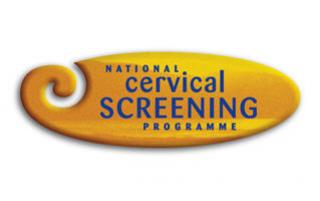- Home
- News
- Screening Matters, Issue 42, October 2013
- Updated NCSP policy and standards: providing a laboratory service
News
- Screening Matters Newsletter
- April 2019
- April 2018
- December 2017
- August 2017
- April 2017
- December 2016
- October 2016
- March 2016
- November 2015
- August 2015
- June 2015
- April 2015
- February 2015
- December 2014
- October 2014
- August 2014
- June 2014
- April 2014
- February 2014
- December 2013
- October 2013
- August 2013
- June 2013
- April 2013
- February 2013
Screening Matters
The National Screening Unit newsletter
In this issue:
- Newborn hearing screening ‘best thing for your child’
- Many advantages for private provider in electronic colposcopy reporting
- Regional Screening Services Wellington spreads the word to new immigrants
- NSU and DHBs progressing recommendations from newborn hearing screening programme quality improvement review
- Reminder about timing of bloods for antenatal screening for Down syndrome and other conditions
- Loud shirts all for a good cause
- Electronic colposcopy and the new colposcopy standards update
- Introducing Joyce Brown
- NCSP Register Central Team update
- Updated NCSP policy and standards: providing a laboratory service
- Otago and Southland breast screening services to be provided locally
Updated NCSP policy and standards: providing a laboratory service

The updated policies and standards are based on the review of cumulative national data and overseas trends to meet the current 100 percent liquid-based cytology environment along with automated assisted screening and high risk human papillomavirus (HPV) testing.
Longer-term impacts of HPV vaccination on high grade (HSIL) rates were also considered. Six of the seven cytology laboratories are now using automated primary screening and the other is in the process of validation and conversion.
Key aspects of the changes are:
- indicators for rates of cytology reporting of HSIL
- unsatisfactory and false negative upgrade rates
- reporting turnaround times for all tests
- minimum and maximum workloads for cytology scientists and technicians
- on-going educational activities and competency requirements.
The recently introduced individual external quality assurance programme for all cytology practitioners forms part of the policies and standards requirements. The NCSP will continue to review data to inform future modifications of policies and standards in line with changes that may be needed as a result of the impact of HPV vaccination on cervical screening.
View Section 5: Providing a Laboratory Service of the National Cervical Screening Programme Policies and Standards here.
To receive the Screening Matters newsletter by email, fill out our sign-up form.

